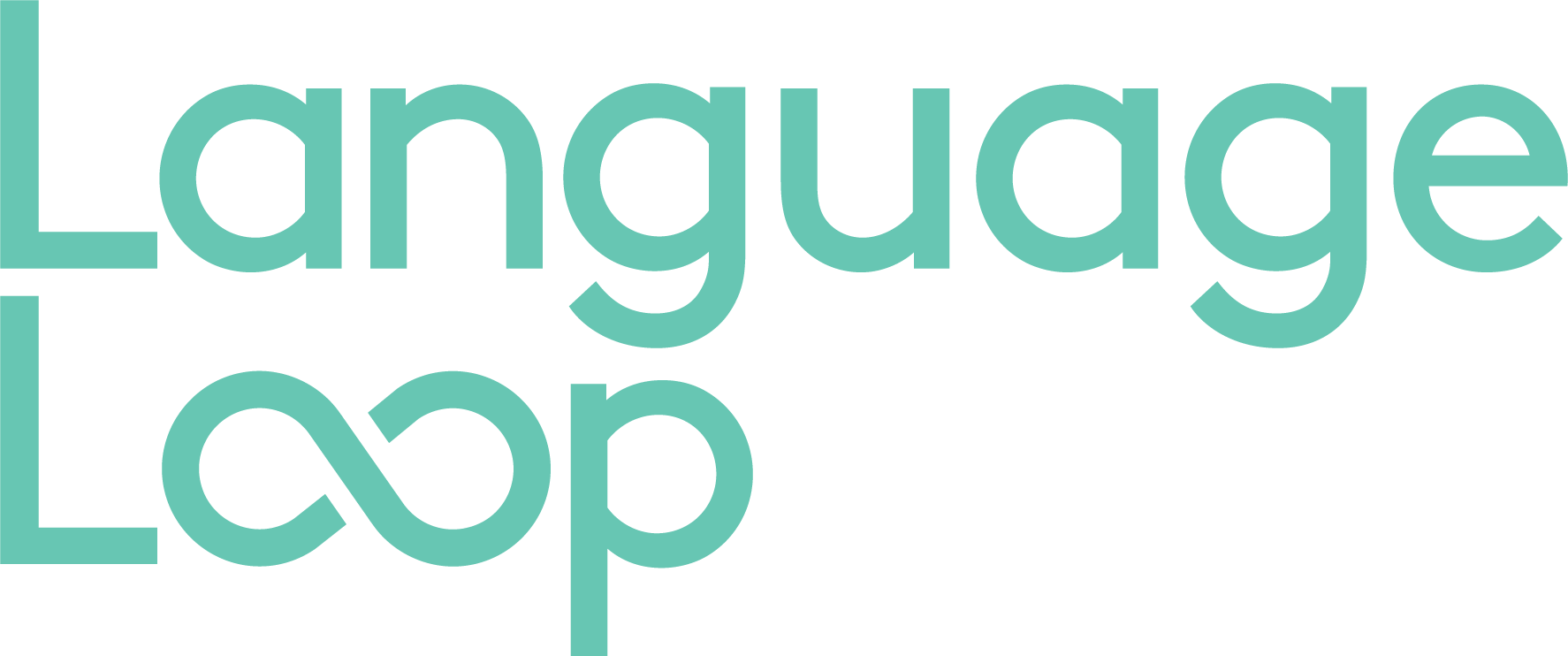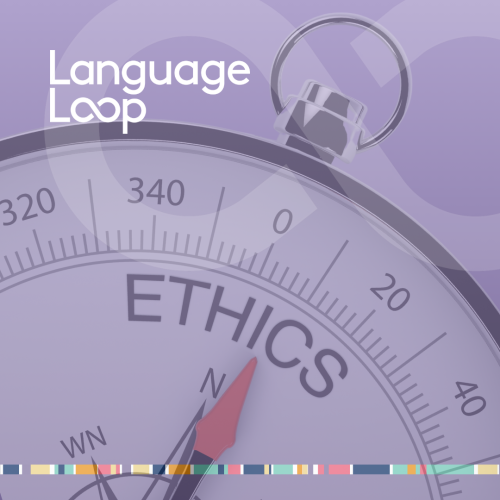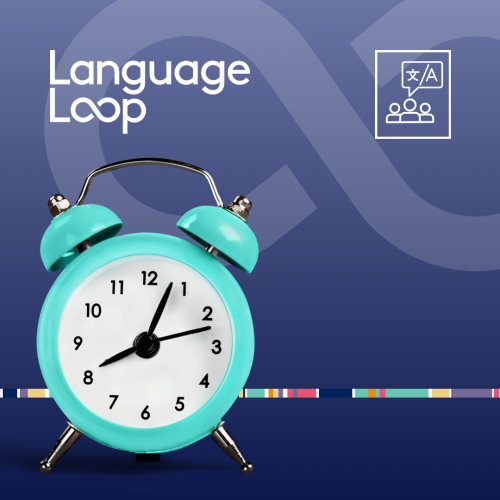One of the most important things for a successful translation project is a strong quality management system. Anyone working in the industry will agree that the quality of translated content can, for example, make or break the launch of a product in a new market. The internet is bursting with horror stories about how translation bloopers can cause embarrassing product launches or recalls in local markets. When we extend this to critical public health information where the quality of translated information can determine whether speakers of all languages can understand and act in accordance with public health advice, the stakes are even higher.
Multilingual crisis communication
Since the World Health Organisation declared COVID-19 to be a global pandemic in March, Governments worldwide have been rushing to develop new public health and economic policy in response. Communications teams have been tasked with creating information, updates and advice in line with policy, ensuring that the public has access to accurate information as quickly as possible. Frequently, public safety measures change as soon as information is developed. New words and concepts are being created almost daily.
Keeping up with this information in your native language is no mean task. In a country like Australia, where 21% of the population speaks a language other than English, it can be even more difficult for some communities, and the public health risks posed by false or inaccurate information cannot be understated.
As the language experts here at LanguageLoop, we understand that there are multiple factors that need to be taken into consideration when creating and disseminating content for communities including, and not limited to:
- integrating cultural experts into the content design process
- considering how and when people consume information
- developing a smart social media strategy
However, translation inevitably plays a huge role in any communication strategy, and choosing a reputable Language Service Provider (LSP) with an expert team and established Quality Management System has never been more important.
A Strong Quality Management System
What do we mean when we say quality management system? Basically speaking, it’s a system that helps a translation team to
- identify
- measure
- control
- improve the quality of its translated content.
LSPs that have a considered approach to quality will have well-established processes and procedures that integrate both quality assurance and quality control. Quality assurance is a measure for building in quality before translation takes place. It’s a process of planning, documenting and agreeing on the steps and guidelines needed for ensuring quality. Quality control is a measure that usually happens after translation has taken place. It’s a process of checking a translation against an agreed set of standards to ensure it meets the expected level of quality.
At LanguageLoop, our processes ensure that all people involved in a translation project have a clear understanding of quality expectations and how translations are evaluated before delivery to our customers.
Click here for more details about our translation services or contact us for any questions.







